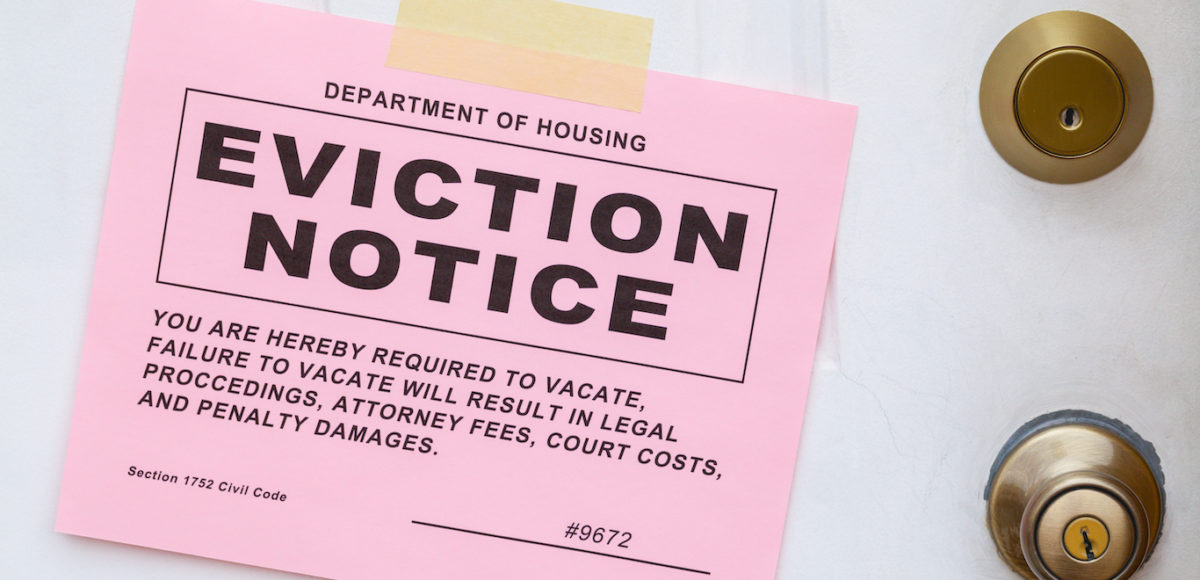You might not get caught when you drive over the speed limit, but you’re still breaking the rules. The same can be true if you sublet an apartment without your landlord’s permission — you might not get caught, but you’re probably breaking the rules.
Before we jump into subletting an apartment without the landlord’s permission, let’s be clear about what subletting is.
What is subletting?
Let’s say you’re moving out of town for six months to help care for an ailing relative. You’re leasing an apartment, but you want to hang onto it so you don’t have to vacate the apartment and can have someplace to live when you return. So, you find someone to sublet the apartment from you (known as a subtenant) for that six-month period in order to have money to cover the rent.
Or, perhaps your roommate is moving out and you want to find another person to move in for the rest of the leasing period. If your name is on the lease, you might be able to add the new roommate through a sublease.
In both cases, you’re essentially becoming a landlord. That means the subtenant is not going to be put on the lease you have with your landlord. Rather, you and your subtenant will have a separate agreement.
As the sublessor, or the landlord for a subtenant, it’s your responsibility to pay the rent and obey the rules set by the apartment owner or manager. If the subtenant’s part of the rent goes unpaid or the subtenant breaks your landlord’s rules, it’s your legal responsibility — not the subtenant’s — to fix the situation.
“If you have a written lease, your subtenant must abide by all the terms of the lease,” MassLegalHelp.org says. “As the original tenant, you ultimately remain responsible for all of the terms in the lease, including the obligation to keep the place in good condition and to pay rent.”
Can I sublet my apartment?
Before a subtenant (also known as a sublessee) moves into your place, you’ll need to make sure that your lease doesn’t prohibit subletting. Most of the time, you’ll need to get written permission from the apartment owner or manager — your landlord — to add a subtenant.
Now, if you go ahead and sublet your apartment but don’t get written consent from your landlord when it’s required, then you could be in big trouble. If your landlord finds out you’ve sublet your apartment without obtaining permission, you and your subtenant could be evicted for violating the lease.
To avoid problems with your landlord, it’s smart not to sublet your place if you haven’t received written permission. Sneaking a subtenant into your apartment without notifying your landlord could end up being a dumb move — and could force you to move out of your apartment.
In the end, the extra cash you make subletting a room in your apartment isn’t worth the headache that could come from violating your lease. If you’re looking for short-term housing, temporary housing, or even a cheaper apartment, try ApartmentSearch — the only apartment locator site that rewards you for using it.




